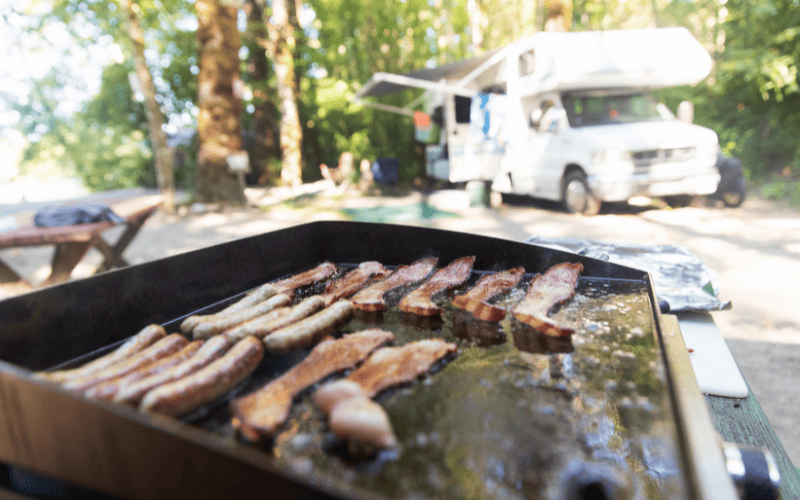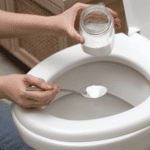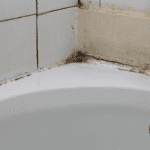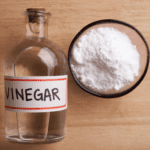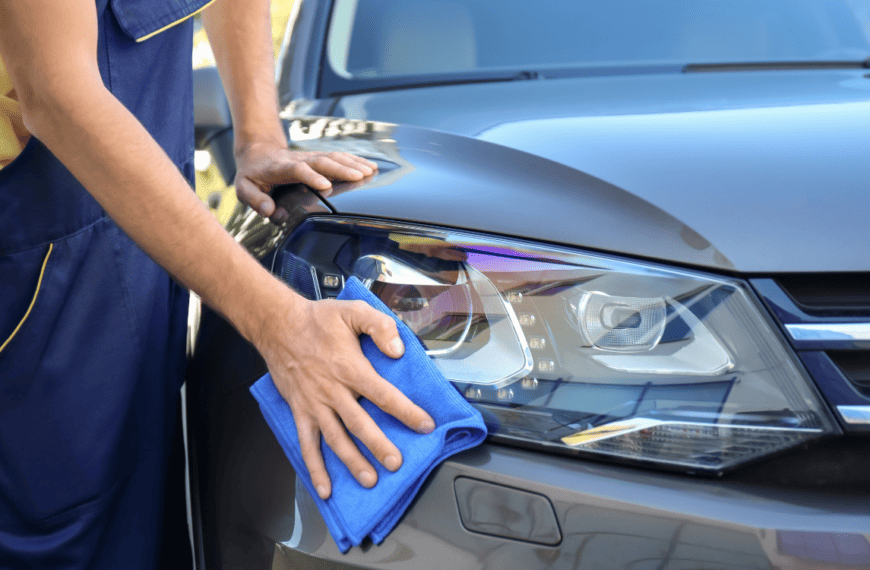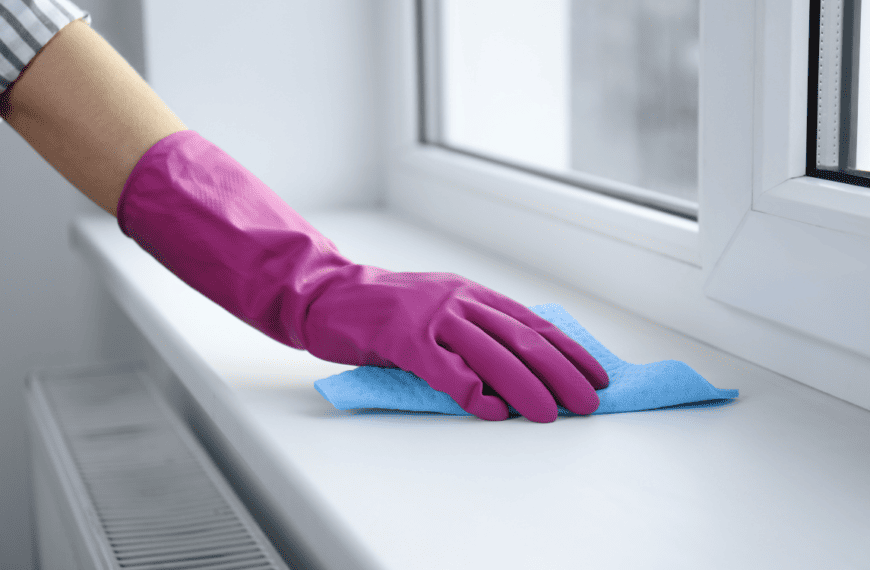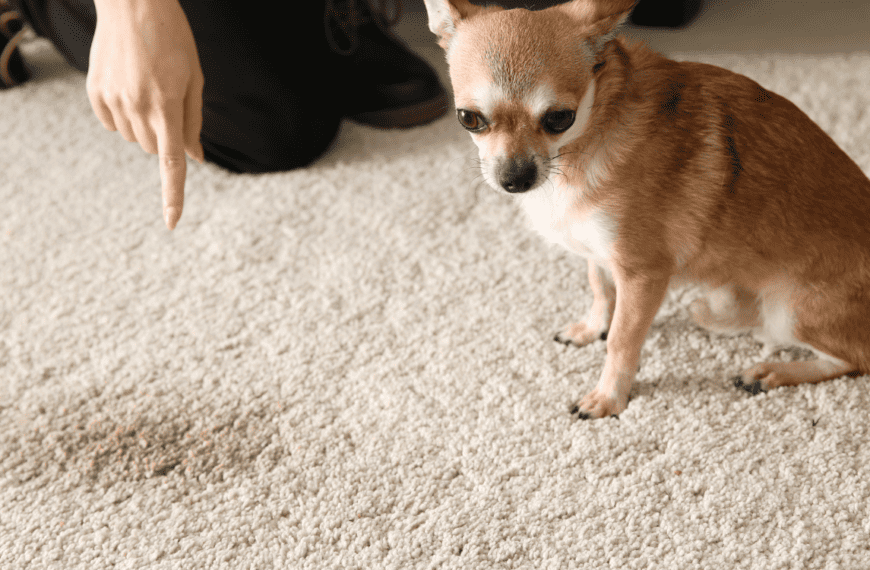When you’re looking for flexible outdoor cooking appliances, you can’t overlook Blackstone griddles, a mini-revolution in backyard grilling. Burger, veggies, eggs, you name it. A Blackstone manages all with a cold-rolled carbon steel cooking surface that handles heat better than stainless steel and supplies it faster than cast iron, making for an exceptional cooking experience.
Blackstone owners know the benefits well. And if they’ve ever stored it improperly, they’re plenty aware of its primary setback – rust. It only takes poor preparation and moisture to damage your cooktop, surprising you with a rusty mess when you pull out your appliance for the summer’s first cookout.
Fortunately, Blackstones are also resilient. With a little know-how, you can restore the griddle’s surface and take easy steps to prevent future rust. Here’s how to clean a Blackstone griddle that has rust and tips for keeping it ever-ready for a backyard cookout.
Before You Begin: Important Tips
- Use the right tools, such as pumice stones or steel wool. Or, invest in a comprehensive care kit like Blackstone 5060 Grill & Griddle Kit 8 Pieces for convenience.
- After cleaning, seasoning the entire surface is critical to prevent future corrosion. It creates a non-stick, rust-proof cooking surface, extending the life of your griddle
- Avoid harsh methods like burning rust off with a flame. Stick to gentler cleaners like pumice grill stone, vinegar, or lemon juice to maintain the integrity of the metal
Methods on How To Clean a Blackstone Griddle That Has Rust
Cleaning a rusty Blackstone griddle requires only a handful of essential tools. You can remove rusting by heating the surface to loosen rust. Once heated, scrape the rust with a metal scraper, pumice stone, steel wool, or wet-or-dry sandpaper. Distilled white vinegar and other simple materials and rust-removal products can be handy in loosening light rust and making it easier to remove.
After you clean a Blackstone griddle, seasoning the entire surface is critical in preventing future corrosion.
As with cast iron, a rusty griddle plate occurs from oxidation through air and moisture exposure. A Blackstone griddle will better withstand humidity, precipitation, and other elements while in storage with a protective layer on the cooking surface.
How To Remove Blackstone Rust With a Pumice Stone
A pumice grill stone is the standard approach to cleaning griddle surface rust. You might recall the abrasive surface cleaner as one of our top solutions for tackling tough hard water stains and rust in toilet bowls, so you can bet it’s an excellent solution to clean your Blackstone griddle.
Tools and Supplies
- Pumice griddle stone
- Cooking oil
- Paper towels
- Metal surface scraper
- Heat resistant gloves
Tip! Having these items handy at all times is essential for hardcore Blackstone griddle fans. For convenience, consider a comprehensive care kit like the Blackstone 5060 Grill & Griddle Kit 8 Piece or AWEASROY Griddle Cleaning Kit to ensure you always have the proper cleaning and restoration tools.
Note: If you don’t have a pumice grill stone, you can substitute fine-grade steel wool or medium-grit wet-or-dry sandpaper. You may get enough power out of a nylon scrubber if you only have light rusting.
Steps for Removing Rust With a Pumice Grill Stone
- Heat your Blackstone griddle burners on high for about 20 minutes to loosen the rust
- Turn off the burners, and let the griddle cool for several minutes
- With heat-resistant gloves on, scrape the griddle surface gently with a metal scraper to remove loosened rust
- Apply 2–4 tablespoons of cooking oil to the cooking surface
- Scour the griddle’s surface with a pumice stone or alternative scrubber
- Wipe the griddle plate with a paper towel to remove the oil and rust flakes (push the sludge into the grease tray with your scraper)
- Add more cooking oil to the griddle, and scrub troublesome rust spots again with your scouring stone, steel wool, or sandpaper
- Wipe the surface with a fresh paper towel to remove the oil
- Repeat steps 7 and 8 until the paper towels pull up no more rust
- Season the griddle to prevent rust in the future
Remove Rust With Vinegar
Vinegar is an alternative to the scraping and oiling method that may save you some time and effort. Though metal is one of those surfaces vinegar can easily damage, the acid is perfectly effective without needing heat.
Steps for Using a Vinegar Spray To Clean Blackstone Griddle Rust:
- Wash dirt and debris off with mild dish soap (such as Dawn dish soap) and warm water
- Pour or spray distilled white vinegar onto the griddle surface’s rusted spots
- Let the vinegar sit for a couple of minutes
- Scrub the griddle’s surface with a pumice stone, fine-grade steel wool, or medium-grit wet-dry sandpaper
- Thoroughly rinse the vinegar from the surface
- Dry the griddle with paper towels and heat to burn off excess moisture
- Re-season the griddle
Tip! If you’re out of vinegar, try hitting your rusty griddle plate with lemon juice. The lemon will work similarly to vinegar’s acetic acid to eat through the surface rust, though it can also damage the cooking surface if you leave it on too long.
Scour Rust With Baking Soda
The mild abrasiveness of baking soda or salt can relieve rusting from your Blackstone griddle’s surface without needing additional liquid treatments. It isn’t ideal for extensive rusting but can help with minor patches of emergent corrosion.
Steps for Using Baking Soda To Scrub Down Your Rusty Blackstone:
- Make a thick paste of baking soda and a touch of water
- Apply the paste to the rusted spots and scrub with a scouring pad
- Rinse with fresh water
- Dry the griddle and heat it to evaporate any remaining moisture
The Salt and Potato Trick for a Rusty Blackstone Griddle
Potatoes and several other fruits and vegetables are high in oxalic acid, an antinutrient that binds to minerals like calcium. Although it isn’t the healthiest compound for us to consume, it can be a significant benefit in cleaning rust from your Blackstone grill.
When it contacts rust, oxalic acid creates iron oxalate, a water-soluble compound that easily washes away. Add salt, and you can grind out the rust as you dissolve it, exposing more corrosion to the acid and making it faster to clean.
Steps for Using These Simple Culinary Staples To Clean a Rusty Blackstone Griddle:
- Cut a potato in half
- Dip the cut side of one potato half into kosher salt, covering it generously
- Scrub the rusty sections of the grill surface with the potato
- Rinse the surface well with fresh water
- Repeatedly scrub and rinse as necessary until the rust is gone
- Rinse the griddle well
- Dry the griddle and re-season
Recommended Cleaning Products for a Rusty Griddle Plate
Cleaning products aren’t the cheapest solution for a rusty Blackstone griddle, but for ease of use and effectiveness, they’re tough to beat. Rust removers have specific formulas combining acidic ingredients to degrade rust chemically and abrasive additives to scour it physically.
While you can use rust removers, like CLR, steel-specific solutions are the best options for eliminating rust from a Blackstone griddle, offering a gentler touch and less concern over excessive wear. A few products to consider include:
- Blackstone 5060 Grill & Griddle Kit 8 Pieces
- Caron & Doucet Cast Iron Scrub
- Culina Cast Iron Scrub
- Clean My Steel Rust Remover
If you want something a bit more versatile for cleaning beyond the Blackstone, grab Bar Keeper’s Friend. The soft cleanser uses oxalic acid and a mild abrasive agent, letting you easily buff away grill surface rust with a scouring pad. Wipe off the gunk with a paper towel, wash well with water to remove the cleaner, and you’re ready to season your griddle!
Rust Eraser for Minor Spots
A rust eraser is another easy and quick tool for removing random rust spots. Lodge makes a rust eraser for their cast iron line that works well for Blackstone griddles. The abrasive bar only requires you to quickly scrub away the rust and rinse with fresh water before re-seasoning.
Can You Burn Rust off of a Blackstone Griddle?
Burning with a blowtorch is a popular method of removing rust from metal materials. The heat allows the metal to expand and break the rust, as does the contraction as it cools, making it easier to remove physically. Moisture within the rust steams off, lifting and loosening it further.
For a Blackstone griddle, burning rust off with a flame isn’t ideal. It isn’t the safest or most reliable removal method, and it leaves enough opportunity to damage the metal to be highly impractical. Stick to gentler cleaners that provide more control, like the pumice grill stone or mild acids like vinegar or lemon juice.
How to Deep Clean a Severely Rusted Blackstone Griddle
Cleaning heavy rust buildup is more about using more elbow grease than a novel cleaning solution. The best technique is to heat the griddle and buff it with oil and a pumice stone. You can use different methods together, like applying vinegar or oxalic acid and scrubbing with fine steel wool on tough rusted spots.
Apply 2–4 tablespoons of oil, and wipe down the cooking surface several times with paper towels until you stop lifting rust. From there, add a thin layer of oil and start re-seasoning to get your Blackstone griddle looking new.
Finishing Up: Blackstone Grill Seasoning Tips
There are several crucial points to cover when protecting your Blackstone griddle from rust, and chief among them is seasoning. Seasoning involves creating a polymerized layer of heated oil over the cooking surface. The plastic-like coating creates a firm bond with the carbon steel and leaves a non-stick, rust-proof cooking surface.
Blackstone offers its unique recommended seasoning product, Blackstone Griddle Seasoning & Cast Iron Conditioner. But any quality cooking oil will work with the proper technique.
When seasoning your Blackstone griddle, choose an oil with a high smoke point, such as canola or avocado oil. The high smoke point will ensure the oil doesn’t burn off before it forms a solid layer over the metal surface.
Steps for Blackstone Griddle Seasoning
After removing the rust and cleaning the Blackstone griddle plate, follow these steps to create a healthy protective coating:
- Preheat the griddle surface for 15 minutes until it begins to discolor slightly, showing it’s heated
- Add 2–4 tablespoons of your preferred cooking oil to the griddle’s cooking surface
- Spread the oil across the griddle’s surface and sidewalls with paper towels, holding the towels with tongs to avoid burning yourself (heat-resistant gloves are handy at this point)
- Spread a thin layer of oil, ensuring it is smooth and even over the entire surface and free of pooling or dry spots (too much oil will create hardened bits and potentially cause surface flaking)
- Let the oil sit on the hot surface until it stops smoking (~10–20 minutes)
- Add 3–4 more seasoning layers
After seasoning, you only have to use your Blackstone griddle! As with cast iron, you’ll add seasoning layers with every use, reinforcing that water-resistant, non-stick surface.
How To Clean Your Blackstone Griddle
Cleaning is crucial before your Blackstone griddle’s first use and whenever you cook afterward. Keeping your griddle clean will prevent oil and stuck-on food from contaminating, damaging, or promoting rust on your cooking surface.
Cleaning a Blackstone Griddle Before the First Use
Your Blackstone griddle goes on quite the journey from the manufacturing plant to your back patio. On the way, it can pick up dust, dirt, and random residues you’ll want to clean off before seasoning.
Clean your new Blackstone griddle before using it by mixing a mild dish detergent, like Dawn dish soap, with warm water and scrubbing the entire surface with a soft scouring pad. Rinse with water, and dry with a paper towel. After that, turn the burners on to remove any remaining moisture and begin the griddle seasoning process to create a smooth, non-stick surface.
Cleaning Your Griddle After Each Use
Always tidy up your Blackstone after cooking to remove stuck-on food particles and unwanted debris. The process is quick and easy, and you can probably knock it out while you let your food rest for a few minutes.
While you let the griddle cool, use your metal scraper to sweep the grease and grunge into the grease trap. Remove challenging bits by pouring hot water on them and scraping them again. Wipe the surface with a paper towel. Finish by applying a few teaspoons of oil and spreading it into a thin layer over the Blackstone griddle’s surface and walls.
Rust Prevention and Blackstone Griddle Maintenance Tips
Putting your Blackstone griddle out of commission (and out of mind) for a few months once the weather cools makes it susceptible to rust without proper preparation. It only takes a few high-humidity days to start the rusting process. With a quality seasoning layer and a few preventative steps, you can avoid unwanted surprises and a massive cleanup the next time you pull out your griddle.
Ensuring the metal surface is completely dry and well-seasoned before storing is the first step in stopping corrosion during the off-season. Beyond that, follow these tips to prevent rust and prep your Blackstone for next summer.
Store Your Blackstone Griddle Properly
Store your Blackstone griddle in an enclosed area with a roof and walls, such as a garage, shed, or porch. Remove your griddle top to store indoors if you can’t keep the entire unit in an adequate storage area. Ensure children and pets can’t access it to prevent accidental damage.
Use a Grill Cover
Always use a grill cover when taking your Blackstone griddle out of action for several weeks. Put on a soft cover and tent the top slightly to create drainage in case it leaks. You don’t want to leave any area where moisture might pool on top of the cover and soak through onto your griddle.
Check Your Blackstone Griddle Frequently
Rust worsens the longer you let it sit. The oxidation layers on carbon steel and cast iron aren’t stable or protective like those on stainless steel and aluminum. The underlying metal will continue to degrade even after it’s well-coated in rust.
To avoid extensive rusting, take a few minutes once a week or so to check the griddle. Set an alarm to go off every Saturday to remind you if needed. It only takes a second to check, and removing rust will be much easier and faster when you catch it early. Frequent checks can be a critical help if you have significant weather or high humidity.
Why Blackstone Griddle Rust Happens
Blackstone griddles are susceptible to rust in much the same way as cast iron. The primary difference between the two is that carbon steel has a higher iron content, which oxidizes and rusts upon exposure to air and moisture.
It doesn’t take much for rust to accumulate. Moisture in the air that reaches the raw steel surface will cause minor oxidation. Over time, consistent moisture exposure will leave deep-set rust throughout the metal.
Although cooking on a rusty Blackstone griddle is surprisingly safe, it’s not a pleasant experience. The small amounts that might attach to your burger won’t cause noticeable health effects. But rust will ruin the flavor with its acrid metallic taste.
With rust on the surface, your Blackstone griddle will be harder to clean and more prone to holding various cooking ingredients and moisture. The rusting problem will perpetuate itself while making for rancid buildup. All this points to the value of cleaning your Blackstone, removing rust, and maintaining that beneficial seasoning layer.

